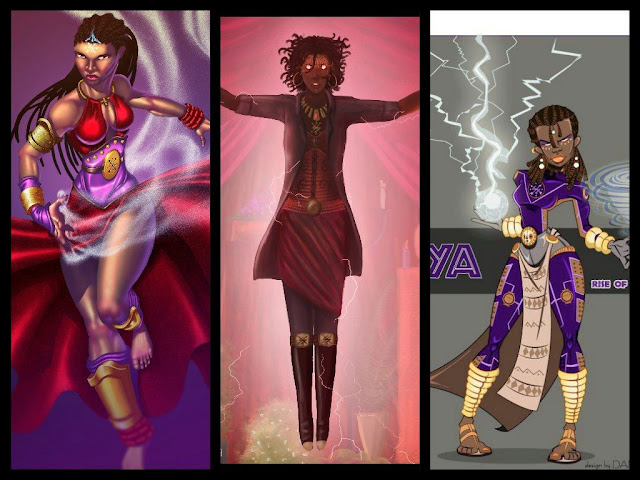 |
| Source: mackieandtate.weebly.com |
(E. C. Osondu)--My Dear Son,
Why have you not been sending money through Western
Union like other good Nigerian children in America do? You have also not
visited home. Have you married a white woman? Do not forget that I have already
found a wife for you. Her name is Ngozi. Her parents are good Christians and
her mother belongs to the Catholic Good Women’s League like me. Please do not
to spoil the good relationship I have built over the years with Ngozi’s family.
I beg of you not to become like Kaka’s son who was sent
to America with the community’s funds, only to come back with a white woman,
and then would not let his parents visit him in his white man’s living quarters
in the Lagos government reserved area. He has large dogs and his white wife
treats the dogs like her children. The only time he visited his family, he
refused to sleep in his father’s old house, complaining that it was dirty, and
took his wife to pass the night in a hotel. He stretched out his hands to shake
the hands of the elders of the community and would not prostrate on the ground
like a well-brought- up child.





















